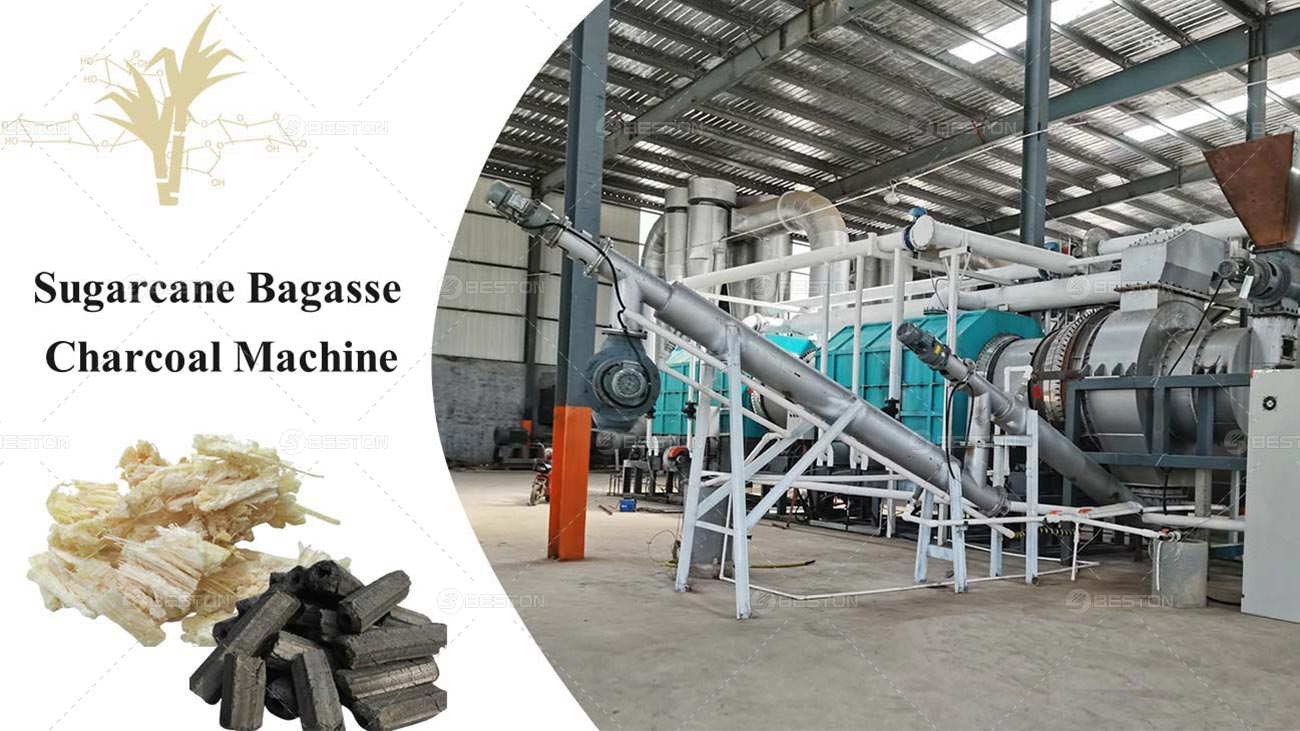Exploring Different Types of Charcoal Machines Based on Raw Materials
When it comes to producing charcoal, the choice of raw material plays a pivotal role in determining the type of charcoal machine utilized. From coconut shells to sugarcane bagasse, various organic materials can be transformed into charcoal through specialized processes.
Coconut Shell Charcoal Making Machine
The coconut shell charcoal machine is specifically designed to convert coconut shells, a byproduct of the coconut industry, into high-quality charcoal. Through a process of carbonization, coconut shells are heated in an oxygen-limited environment, resulting in the production of charcoal with excellent carbon content and minimal impurities.
Wood Charcoal Making Machine
Utilizing wood as the primary raw material, the wood charcoal making machine employs pyrolysis or carbonization to transform wood chips, sawdust, or other woody biomass into charcoal. This process involves heating the wood in the absence of oxygen, driving off volatile compounds and leaving behind carbon-rich charcoal.
Sawdust Charcoal Making Machine
Sawdust, a common byproduct of woodworking and timber processing industries, serves as an ideal feedstock for the sawdust charcoal making machine. By subjecting sawdust to high temperatures in a controlled environment, this machine produces charcoal briquettes or granules suitable for various applications, including cooking and heating.
Rice Hull Carbonizer
The rice hull carbonizer is engineered to carbonize rice hulls, the outer layer of rice grains, into charcoal. This innovative machine utilizes the heat generated during carbonization to sustain the process, making it energy-efficient and cost-effective. Rice hull charcoal finds applications in agriculture, industry, and domestic use.
Bamboo Charcoal Making Machine
Bamboo, known for its rapid growth and sustainability, serves as an excellent raw material for charcoal production. The bamboo charcoal making machine employs high-temperature carbonization to convert bamboo culms into charcoal with superior quality and purity. Bamboo charcoal is prized for its porous structure and adsorption properties.
Palm Kernel Shell Charcoal Machine
Derived from the outer shell of palm kernels, palm kernel shells (PKS) are a renewable source of biomass for charcoal production. The palm kernel shell charcoal machine utilizes a specialized carbonization process to convert PKS into charcoal, offering an eco-friendly solution for waste utilization and energy generation in palm oil-producing regions.
Straw Charcoal Machine
Agricultural residues such as straw can be transformed into charcoal using a straw charcoal machine. This equipment employs controlled pyrolysis to convert straw into biochar, a carbon-rich soil amendment that enhances soil fertility and promotes sustainable agriculture practices.
Sugarcane Bagasse Charcoal Machine
Sugarcane bagasse, the fibrous residue left after juice extraction from sugarcane stalks, can be valorized through the sugarcane bagasse charcoal machine. By subjecting bagasse to pyrolysis or carbonization, this machine produces charcoal briquettes or powder, offering a renewable alternative to traditional charcoal sources.

In conclusion, the diversity of charcoal machines tailored to different raw materials underscores the versatility and sustainability of charcoal production processes. Whether it’s coconut shells, wood, sawdust, rice hulls, bamboo, palm kernel shells, straw, or sugarcane bagasse, each raw material presents unique opportunities for charcoal production, contributing to environmental conservation and resource optimization. By harnessing the potential of these diverse raw materials, charcoal machine manufacturers and users can pave the way for a greener and more sustainable future.